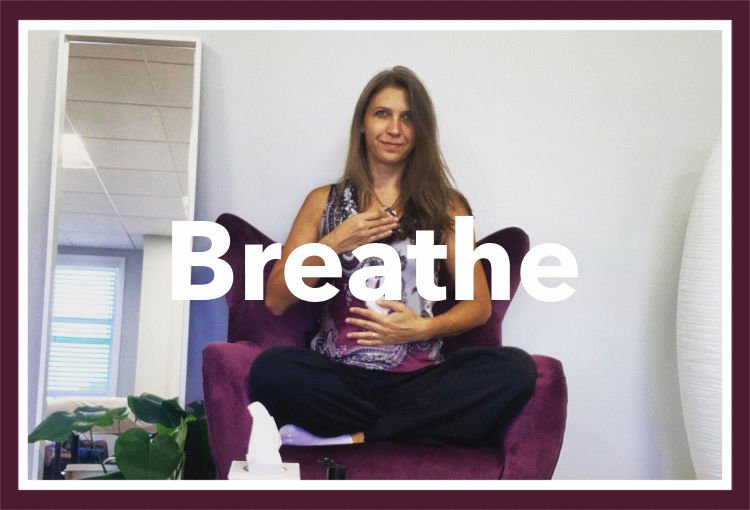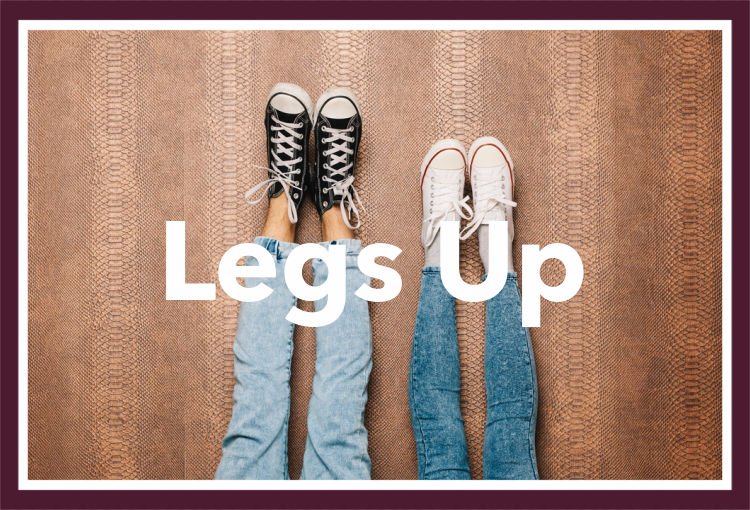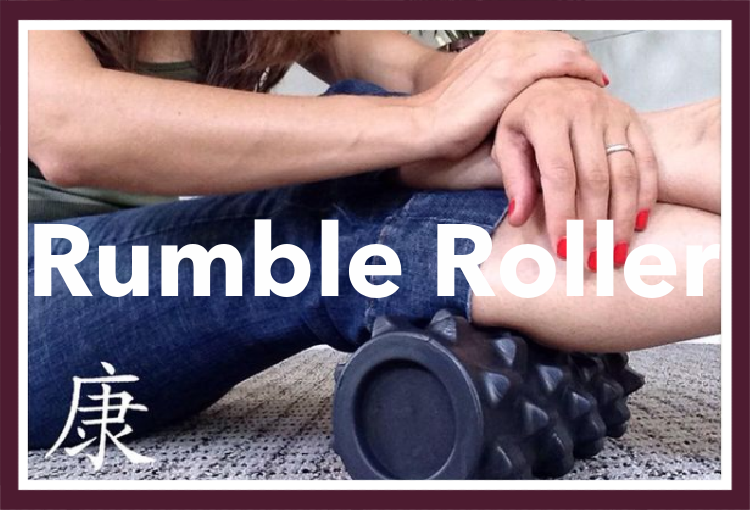Meditation: Quiet the Constant Chatter of the Mind...
If you spend any amount of time in the wellness community, you’ll eventually hear about meditation.
In fact, most people outside the wellness community have also heard about meditation! It is an ancient practice that can be found in many cultures around the world.
Meditation offers a way to train your attention, help you observe and gain control over your thoughts, reduce stress and improve emotional awareness.
Some people shy away from meditation due to misunderstanding what meditation is and how it works. Here are a few common misunderstandings, as well as clarifications that might help you make a decision about integrating meditation into your wellness routine…
1. Meditation requires me to be part of a particular religion.
While it is true that many religions integrate meditation into their practices, it is untrue that meditation is the property of one religion, or that the practice itself is religious. There are several secular meditation methods and techniques that do not draw on a particular faith tradition.
2. Meditation takes a lot of time.
Meditation can take a lot of time, but it doesn’t have to. Many people find that taking even 2 minutes each day offers real benefits. The trick is being consistent with daily practice, rather than worrying about how long you spend in meditation.
3. Meditation is hard to learn.
Like most things, there is a learning curve with meditation. And, some discipline and dedication. But it’s worth it. A quiet mind is a peaceful (yet incredibly creative) mind.
The truth is that meditation is for just about everyone! Getting started with a meditation practice only requires your willingness to learn and practice. No special equipment or preparation is necessary.
“Quiet the mind,* and the soul will speak.”
Many Ways to Meditate
As noted above, there are many religions that support meditation practices. If you are part of a faith community, you may wish to pursue a meditation practice within your tradition. Otherwise, consider the following practices:
Mindfulness: Many secular meditation techniques have their roots in mindfulness practices. Mindfulness is taking time to live and observe what is going on in the present without making judgments. (Moving meditation examples: running, biking, hiking, dancing, yoga, essentrics)
Conscious breathing: Conscious breathing encourages you to pay attention to your breath. Not only does this practice encourage mindfulness, but it can also lead to healthier breathing habits. (Want to learn how? Click here.)
Guided meditation: Guided meditations are led by someone else. The leader guides you through steps that can bring about relaxation or support and focus your attention. Guided meditations can take place in a one-on-one setting, with a group, or by yourself while listening to a live transmission or a recording (YouTube has lots of great options!)
“I meditate so that my mind cannot complicate my life.”
Finding Meditation Resources
Looking for resources that can help you start or deepen your meditation practice? Here are a few:
Consider your public library: Many libraries include books on meditation, as well as DVDs and CDs that you can borrow. Have a look at what is available so that you can decide on an approach that you are comfortable with.
Health and fitness organizations, such as park districts, yoga studios, and fitness clubs may offer meditation groups and classes.
There are tons of online resources (and apps) that offer meditation guidance and instruction. Headspace is a site that is known for its “One-Minute Meditation” option that offers a relaxing guided meditation that takes only 60 seconds!
Want to receive feedback on how effective your meditation practice is? Technology such as MUSE, an EEG monitor that measures your mental activity, can help you track your practice and make on-the-spot adjustments that can help with your progress.
Whatever approach you take, know that you are doing a good thing for yourself. Meditation is a straightforward, affordable, and accessible way of taking responsibility for your thoughts and feelings while giving you the skills to adjust your outlook and improve your life.
“The goal of meditation isn’t to control your thoughts; it’s to stop letting them control you.”





